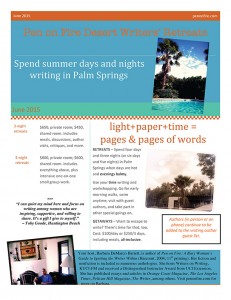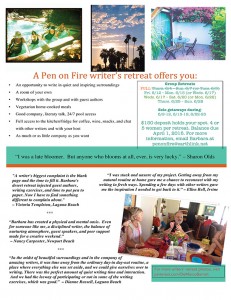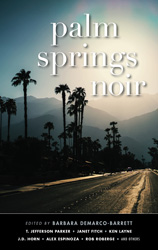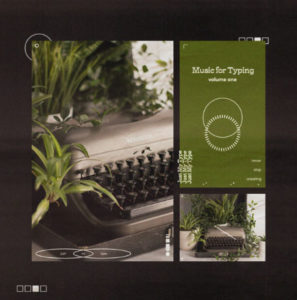Erma Bombeck was one of our great American humorists who died in 1996. I’ve been purging the files in my studio and I came across this. I first saw it when my son was teensy weensy and for years it was magnetized to the fridge. Some years ago I filed it (my son is now 20), but it still has the power to make me well up. It’s so easy to get caught up in the junk going on and forget to enjoy the little things.
If I had My Life to Live Over by Erma Bombeck
I would have talked less and listened more.
I would have invited friends over to dinner even if the carpet was stained, or the sofa faded.
I would have eaten the popcorn in the “good” living room and worried much less about the dirt when someone wanted to light a fire in the fireplace.
I would have taken the time to listen to my grandfather ramble about his youth.
I would never have insisted the car windows be rolled up on a summer day because my hair had just been teased and sprayed.
I would have burned the pink candle sculpted like a rose before it melted in storage.
I would have sat on the law with my children and not worried about grass stains.
I would have cried and laughed less while watching television and more while watching life.
I would have shared more of the responsibility carried by my husband.
I would have gone to bed when I was sick instead of pretending the earth would go into a holding pattern if I weren’t there for the day.
I would never have bought anything because it was practical, wouldn’t show soil, or was guaranteed to last a lifetime.
Instead of wishing away nine months of pregnancy, I would have cherished every moment and realized the wonderment growing inside me was the only chance in life to assist God in a miracle.
When my kids kissed me impetuously, I would never have said, “Later. Now go get washed up for dinner.”
There would have been more “I love you’s” and more “I’m sorry’s” but mostly, given another shot at life, I would seize every minute, look at it and really see it, live it, and never give it back.
Stop sweating the small stuff. Don’t’ worry about who doesn’t like you, who has more, or who’s doing what.
Instead, let’s cherish the relationships we have with those who do love us. Let us think about what God has blessed us with.
And what we are doing each day to promote ourselves mentally, physically, emotionally, as well as spiritually. Life is too short to let it pass you by. We only have one shot at this and then it’s gone.
I hope you all have a blessed day.
In memory of Erma Bombeck, who died in 1996.
What would you add to this list?






 Support Indie bookshops and this site by purchasing books through my BookShop
Support Indie bookshops and this site by purchasing books through my BookShop
